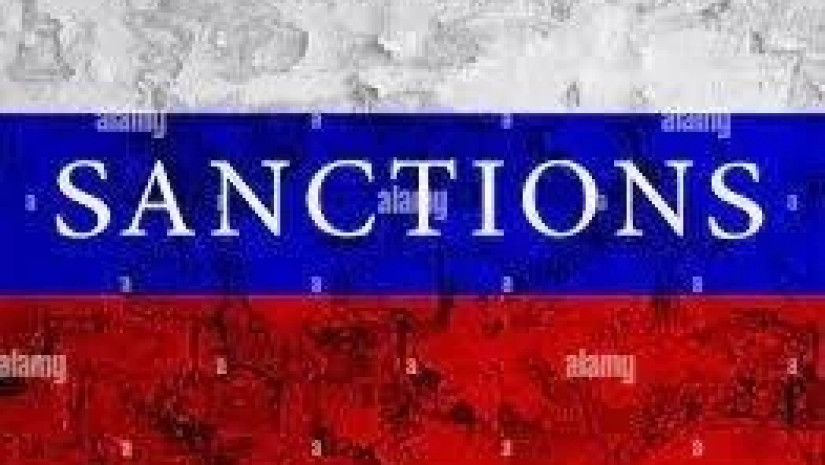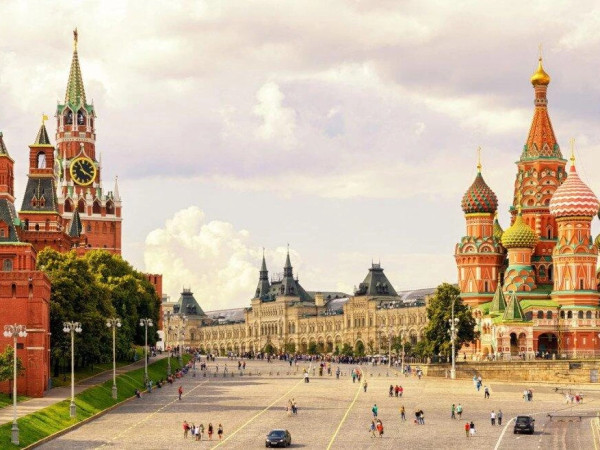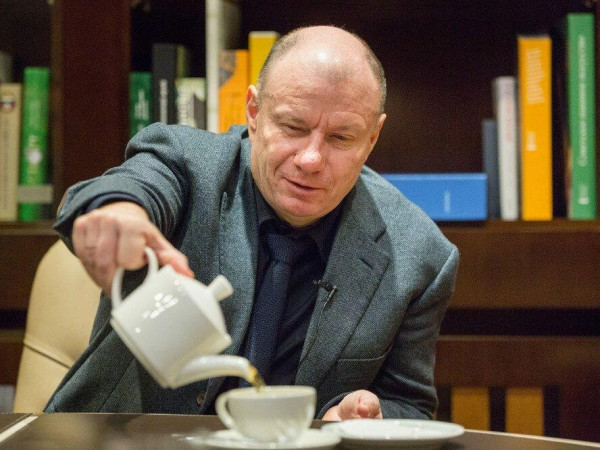The US and Taiwanese chip industries are taking stock of the latest raft of international sanctions against Russia, imposed on 24 February, as strategic and cutting-edge technologies get pulled into the fray.
The US on 24 February pledged to "choke off" Russia's imports of sensitive technological products, saying it will impose "Russia-wide restrictions on sensitive US technologies produced in foreign countries using US-origin software, technology or equipment. This includes Russia-wide restrictions on semiconductors, telecommunication, encryption security, lasers, sensors, navigation, avionics and maritime technologies."
Overall, "the unprecedented export control measures will cut off more than half of Russia's high-tech imports", Washington said.
Taiwan — home to TSMC, the world's largest semiconductor foundry — today joined international condemnation of Russia's invasion of Ukraine. "Taiwan will continue to co-ordinate closely with the US and other like-minded countries to adopt appropriate measures in order to free Ukraine from the horrors of war," Taiwan's foreign ministry said today. Shortly afterwards, TSMC clarified that it will comply with any export restrictions.
It remains to be seen what exactly these announcements mean for the chip industry. The US may lag behind some other countries on chip manufacturing but it plays a leading role in chip design and works closely with foundries around the world as part of a closely intertwined global manufacturing base.
"We are still reviewing the new rules to determine their impact on our industry," John Neuffer, chief executive of the US-based Semiconductor Industry Association (SIA), said. "While the impact of the new rules to Russia could be significant, Russia is not a significant direct consumer of semiconductors, accounting for less than 0.1pc of global chip purchases, according to the World Semiconductor Trade Statistics organisation. The broader Russian information and communications technology market totalled only $50.3bn out of the $4.47 trillion global market, according to 2021 IDC data," he said on 24 February.
Taiwan's semiconductor industry is not likely to suffer greatly from the loss of the Russian market, which accounts for only a small share of Taiwanese chip exports — far fewer than are sold to the US, Japan, South Korea and Europe. But Russia would not have many other options for sourcing some particularly cutting-edge chips, of which TSMC accounts for more than 90pc of global supply.
Speculation has been rife this week about potential supply disruptions to palladium and neon gas, which are widely sourced from Russia and Ukraine and are used by the semiconductor industry in applications such as laser equipment and NAND flash memory. But so far, no major issues have emerged and chip manufacturers say they are not concerned as they are able to draw on other sources for supply. "The semiconductor industry has a diverse set of suppliers of key materials and gases, so we do not believe there are immediate supply disruption risks related to Russia and Ukraine," the SIA said.
The politicisation of semiconductors
It is not the first time in recent history that semiconductors have been caught in the political crosshairs, and governments may want to tread carefully given the risk of unintended consequences — particularly in the long term.
In 2019-20, Washington restricted supplies of US materials to Chinese telecommunications giant Huawei and leaned on its allies to bar the company from their 5G networks, citing national security concerns. As China's largest microchip producer, SMIC, found itself struggling to access chip-making equipment and technology from US firms, China imposed its own restrictions on exports of sensitive products or technologies and is now investing heavily in expanding its own semiconductor manufacturing base.
It will take many years for China to catch up with the expertise of Taiwan and the US, but the politicisation of chips within the US-China trade war has clearly prompted Beijing to address its own vulnerability and build up strength in the sector in the longer-term. Russia may also be encouraged to review its own tech vulnerabilities and manufacturing needs.
In the nearer term, some onlookers warn that Russia could respond to sanctions by restricting its own exports of various components needed to manufacture chips, although there are likely to be other sources for these components and so far the chip industry appears unperturbed.
Source:https://www.argusmedia.com/















